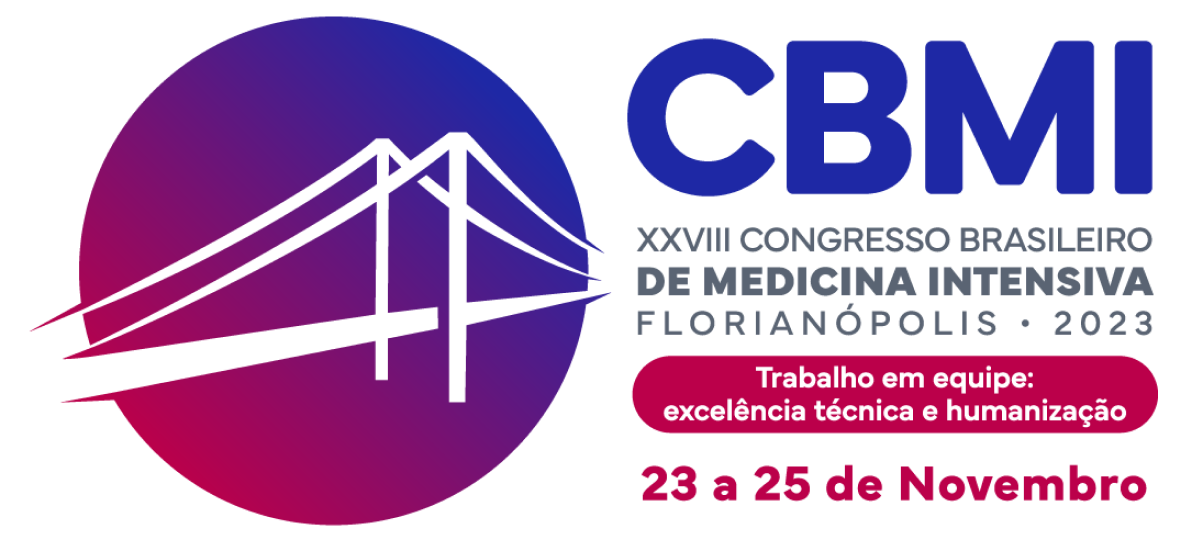Dados do Trabalho
Título
RESPIRATORY FUNCTION 3 MONTHS AFTER HOSPITAL DISCHARGE IN CRITICALLY ILL COVID-19 PATIENTS
Objetivo
We aimed to describe pulmonary function abnormalities as well as their impact on the 6-minute walk test (6 MWT) and SF-36 physical component summary (PCS) score in patients with COVID-19 at ≥ 3 months after hospital discharge
Métodos
Weincluded 65 patients aged ≥ 18 years with severe COVID-19 confirmed throughreal-time reverse transcriptase-polymerase chain reaction andadmitted to the ICU between April 2020 and October 2021. Patients were evaluated at ≥ 3 months after hospital discharge using the 6 MWT, pulmonary function tests (PFTs), and the PCS score.
Resultados
Among included patients, 27patients had abnormal PFT findings, 21 (32.3%) had forced vital capacity < 80%, 17 (26.1%) had forced expiratory volume in 1 s< 80%, and 4 (6.1%) had a maximal mid-expiratory flow< 65%. Compared with patients without abnormal PFT findings, patientswith abnormal PFT findings were older and had significantlyhigher ferritin levels. There were no significant between-group differences ininvasive and noninvasive respiratory support, mechanical ventilation duration, vasopressor use,and renal replacement therapy. However, compared with patients with normalPFT findings, patients with abnormal PFT findings showed asignificantly lower 6-MWT score [78% (0.0–92) vs.95% (75–100), p = 0.01] and worse PCS scores [39.4 (32.1–51.3) vs. 52.0 (47.4–57.3), p = 0.007]. There was an independent association between the PCS scores and PFT findings.
Conclusão
We found that a significant proportion of patients present pulmonary functional alterations ≥ 3 months after discharge from the hospital after treatment for severe COVID-19; further, these alterations affect physical functional capacity and quality of life.
Área
Infecção no paciente grave
Autores
Joaquim Henrique Lobato, José Raimundo Azevedo, Guilherme Bruzarca Tavares, Francisco Trindade, Hugo Freitas, Adlyene Muniz, Ana Chaves Silva, Luciana Silva Sousa
